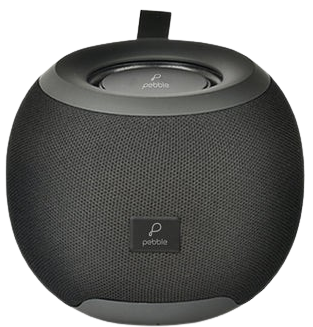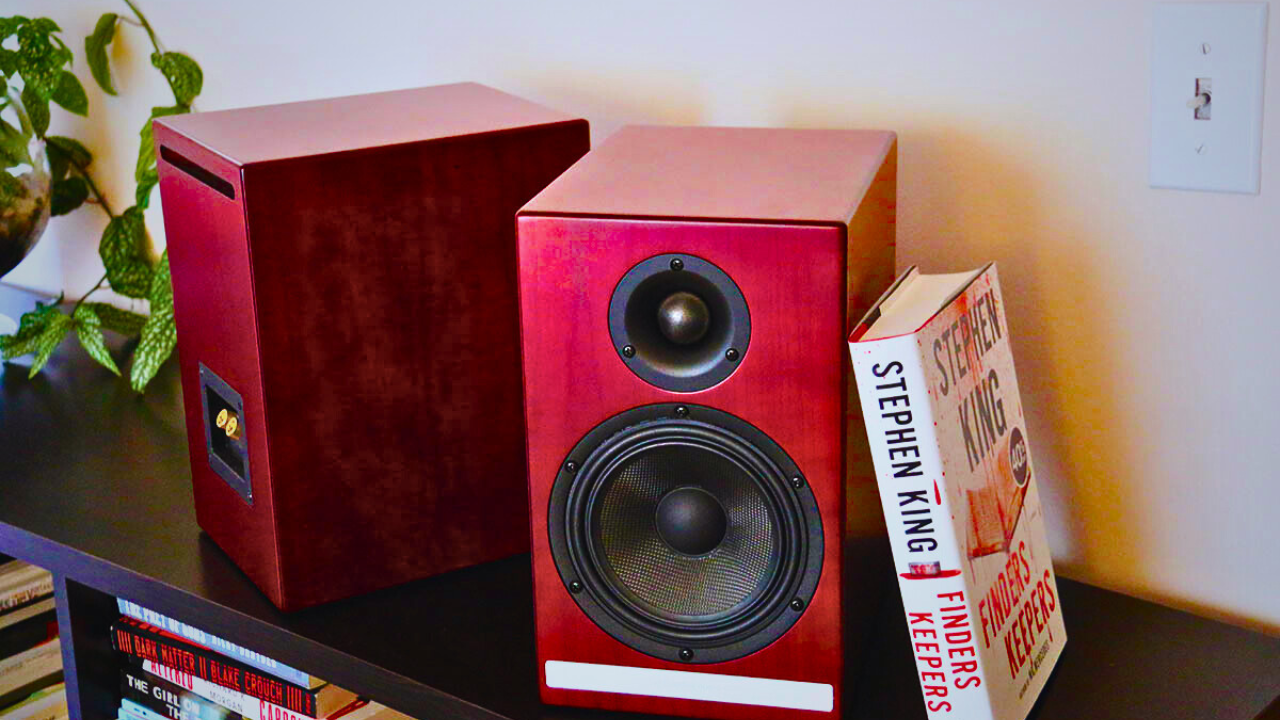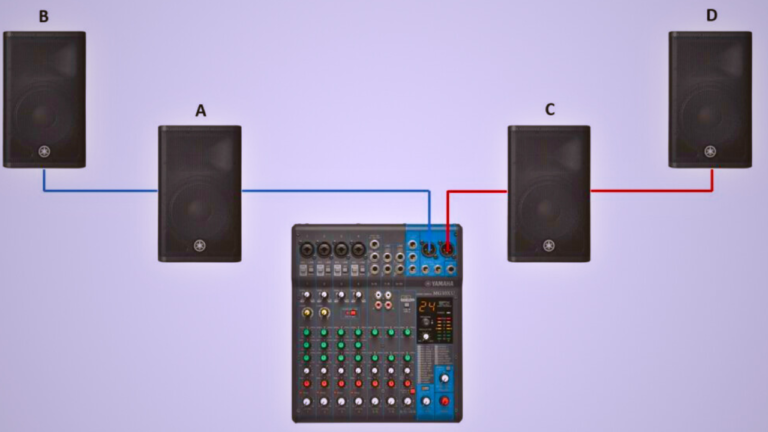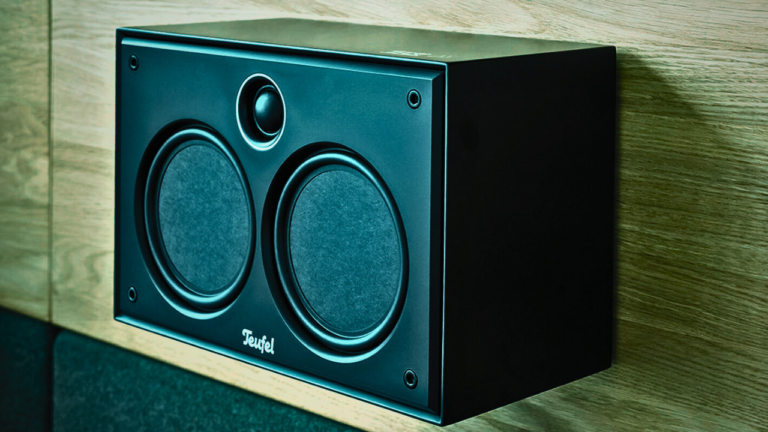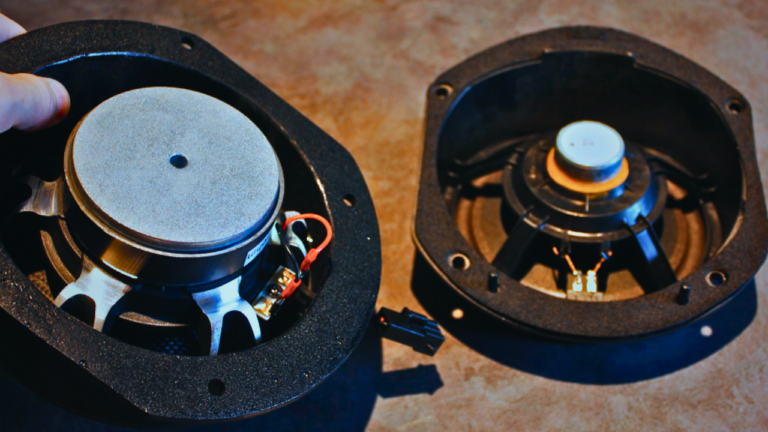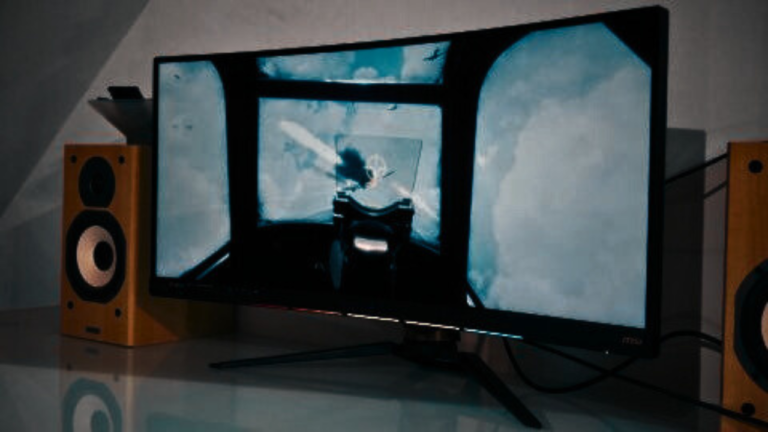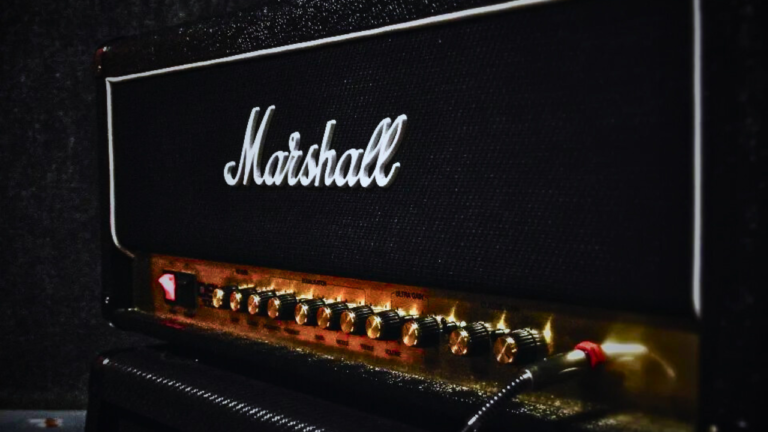What Amp Do I Need For 100W Speakers?
So, you have a pair of 100-watt speakers that are ready to deliver an exhilarating concert experience right in your living room or pump up the vibe at your next house party. These speakers are designed to fill your space with high-quality, immersive sound.
But to make that happen, you need the right partner, in the form of an amplifier. Selecting the most suitable amplifier for your 100-watt speakers can be a little tricky. It requires an understanding of their power handling capacity, the types of available amplifiers, the key factors in matching an amplifier to your speakers, and the potential risks involved.
Remember, the ultimate goal is to achieve harmony between your speakers and amplifier to deliver a sound experience that resonates with your personal taste and preference.
- Power Handling: This refers to the amount of power, measured in watts, that your speakers can handle without getting damaged.
- Type of Amplifier: Understanding the different types of amplifiers helps you choose the best one that suits your 100-watt speakers.
- Matching Amplifier and Speakers: When an amplifier and speakers are properly matched, they produce high-quality and distortion-free sound.
- Recommended Power Range: Amplifiers come with a power rating, and for optimal performance, they should fall under the recommended power range for your speakers.
- Risks Associated: Using an amplifier with a higher or lower power output than the speakers can lead to poor performance or even damage.
In the following sections, we’ll dive into each of these aspects to give you a comprehensive understanding of what amp you need for your 100W speakers.
What is the power handling capacity of my 100W speakers?
Quite simply, the power handling capacity of your 100W speakers refers to the maximum amount of energy that your speakers can comfortably and safely handle without distorting the sound or damaging the technology inside. This measurement is typically measured in watts (W).
In the case of your 100W speakers, this means that they are designed to handle up to 100W of power. Do note that this is the maximum rating, and continuously running them at this maximum power level may not be ideal. Speaker systems usually function optimally at around 50–75% of their maximum rated power. Thus, for a 100W speaker, this would be between 50 and 75W.
Being aware of your speakers’ power handling capacity is crucial because it helps you make essential decisions when selecting and setting up your audio equipment. For instance, it helps you figure out what sort of amplifier you need—an important part of matching your speakers with suitable, compatible audio equipment.
- Continuous Power Handling (RMS): Sometimes, you might see this value listed as ‘RMS’. RMS stands for Root Mean Square, a mathematical term that effectively means average. This figure gives you an idea of the amount of continuous power that a speaker can handle.
- Peak Power Handling: This term refers to the maximum amount of power that speakers can handle in short bursts without damaging the equipment. It’s important to remember that continuously running your speakers at their peak power handling could lead to permanent damage. So, it is always better to have an amp with less power than one that exceeds its peak power.
Knowing the numbers is just the beginning. Understanding what these power handling capacities mean and how they will impact your sound experience is the key to making the most of your 100W speakers.
What are the different types of amplifiers available for 100W speakers?
When selecting an amplifier for your 100W speakers, it’s crucial to know about the different types of amplifiers that are available on the market. There are four main types of amplifiers, each with its own distinct characteristics and features. Let’s take a closer look at them:
1. Tube Amplifiers

Tube amplifiers are known for their promise of unmatched sound quality. They are preferred by audiophiles for their powerful, warm, and organic tone that is very distinctive. These amplifiers use vacuum tubes in their circuits to enhance and amplify the sound. However, tube amplifiers require more maintenance and can be more expensive.
2. Solid-state amplifiers

Solid-state amplifiers are a more modern and popular choice. They use transistor technology, making them more dependable and less maintenance-oriented. This type of amplifier lacks the hallmark warmth of tube amplifiers but carries a clean tone and is generally less expensive. Solid-state amplifiers can handle heavy loads and excel at delivering high output levels.
3. Hybrid Amplifiers

As the name suggests, hybrid amplifiers use a blend of tube and solid-state technologies. They are designed to capture the warmth of tube amps along with the reliability and efficiency of solid-state amps. While they might not perfectly emulate either of their parents, they strike a middle ground that can be very appealing.
4. Digital (or Modeling) Amplifiers

Digital, or modeling amplifiers, are the new kids on the block. They use digital algorithms to replicate the sound profiles of various other amplifier types. These amps are highly versatile and are favored by those who appreciate the convenience of having multiple amp sounds at their fingertips’ touch.
In conclusion, while each type of amplifier has its own unique sound characteristics and features, your choice should align with the specific requirements of your 100W speakers and your individual sound preference.
Read also: How To Take Apart Bluetooth Speakers With No Screws?
What are the key factors to consider when matching an amplifier with 100W speakers?
When you’re in the process of pairing your 100W speakers with an amplifier, there are some key factors that come into play. You need to consider these selection criteria if you want your system to deliver the best possible sound quality and amplifier-speaker compatibility. Let’s dive in and take a closer look.
- Power output: This is one of the most crucial factors to consider. If you recall, the recommended power output of the amplifier should ideally be 1.5 to 2 times the speaker’s maximum continuous power rating. So for your 100W speakers, look for an amplifier with a power output of 150W to 200W.
- Impedance: Impedance is a measure of electrical resistance and is given in ohms (Ω). Your amplifier’s output impedance should match the impedance rating of your speakers. But don’t sweat it too much if it isn’t an exact match—an amplifier can drive speakers with a range of impedances.
- Input and output connections: Check your speaker and amplifier connections. Your amplifier needs to have the same type of output connections that your speakers have input connections. This can be anything from RCA to XLR, quarter-inch jacks, or even speaker wire terminals.
- Sound quality: While sound quality can be highly subjective, it’s still an important factor to consider. Aim for an amplifier that delivers clear, detailed sound with good overall balance. And remember, the price tag doesn’t always equate to the best sound quality.
Keep these factors in mind as you consider different options, and you’ll find the perfect amplifier to match your 100W speakers in no time.
What is the recommended power rating range for the amplifier for optimal performance?
Choosing the right amplifier power for your 100W speakers requires careful consideration. Although a 100W amplifier may seem like the ideal match for a 100W speaker, it’s not always that straightforward. You’d want an amplifier that can deliver enough power to bring out the best in your speaker without posing a risk of damage. This balance is key to achieving optimal audio performance.
On average, most experts recommend an amplifier with 1.5 to 2 times the power rating of your speaker. This means that for a 100W speaker, an ideal amplifier would be in the power range of 150W to 200W. Now, you might be wondering why you need an amplifier that seems to be more powerful than the speaker. Well, the straightforward answer can be found when we consider ‘headroom’.
“Headroom” refers to the extra power capacity that an amplifier possesses, beyond the average power requirements of the speakers. It’s especially useful in handling sudden peaks in volume during music playback, ensuring the audio remains clear and distortion-free.
Without adequate headroom, these audio peaks could exceed the amplifier’s power capabilities, resulting in distortion or even potential damage to both the amplifier and speaker. Therefore, having an amplifier with a surplus of power—within reason—brings about a fuller, clearer sound by granting room for these peaks.
However, remember that too much power can also be harmful. An excessively powerful amplifier could surpass the speakers’ safe power handling capacity, leading to overheating and, in the worst cases, burning out the speakers. So, while it’s sensible to have some surplus power, there’s a balance to be struck.
So, when shopping for your amplifier, take into consideration these points:
- Speaker Sensitivity: If your speakers have a high sensitivity rating, they may not require an amplifier with too much extra power.
- Listening Habits: If you prefer listening at very high volumes or to certain types of music with frequent and dramatic volume changes, an amplifier with more headroom might be beneficial.
- Room Size: The larger the listening space, the more power you’ll likely need.
For a 100W speaker, a power range of 150W to 200W offers a sufficient safety margin, depending on speaker sensitivity, listening habits, and room size. These parameters should guide you towards achieving optimal performance with your audio system.
What are the potential risks of using an amplifier with a higher or lower power output than the speakers?

When setting up your audio system, misunderstandings can occur about the harmony between 100W speakers and amplifier power. It’s important to know that mismatches, whether in the form of a high-power amplifier with low-power speakers or vice versa, can lead to problems. Let’s consider both scenarios to help you navigate the potential pitfalls of each.
Amplifier with Higher Power Output
Too much power! What could possibly go wrong, right? Well, pairing your 100W speakers with an amplifier that has a higher power output can trigger some significant issues. Let’s break this down:
- Blown speakers: While speakers do need power to function, too much of it can damage them beyond repair. The excess power can lead to overheating, which can then burn out the voice coils. In the end, you might find yourself shopping for a new set of speakers.
- Distorted sound: When an amplifier sends more power than your speakers can handle, the result can often be distorted, muddied sound. This could compromise your listening experience, making it far from enjoyable.
Amplifier with Lower Power Output
Again, the assumption that excess isn’t always better may seem plausible. Sure, lower power output might not blow your speakers, but that doesn’t mean your setup will be problem-free. Here are a couple of issues you might face:
- Clipping: When the power of the amplifier does not meet the demands of high-volume music, it can lead to a phenomenon known as “clipping.”. This distortion isn’t just unpleasant to the ear; it can also damage your speakers over time.
- Underperformance: Without the needed power, your speakers might not perform to their full potential. The richness and depth of the sound produced could be compromised, making your audio experience less immersive and satisfying.
In summer, finding the right balance of power is crucial when matching your amplifier to your 100W speakers. Less might seem safer, and more might seem better, but the ideal is striking the appropriate middle ground to enjoy clear, powerful sounds without risking your speakers’ integrity.
Conclusion
In conclusion, it’s vital to ensure a compatible match between your 100W speakers and the chosen amplifier. This matching enables you to extract the best performance from the system without risking its longevity or quality of sound. An informed decision is guided by a comprehensive understanding of both your speakers’ power handling capacity and the relevant amplifier types available on the market.
However, this decision should not be taken lightly or hastily. Remember, you’re investing in not just a piece of audio equipment but also the quality of your music or entertainment experience.
- Know your needs: The ideal amplifier for you largely depends on the type of sound you’re looking for and the environment in which you’ll use the system. Is it for a home theater or for a live band performance? These needs will ultimately influence the amplifier you’ll purchase.
- Factor in your budget: Understanding your financial limit is crucial. Always aim for quality and longevity over immediate cost savings.
- Do your research. Delve into reviews, compare different models, and don’t hesitate to ask for expert advice. It’s only with complete information that you can make the best decision.
Above all, it’s important to remember that being more powerful doesn’t necessarily mean being better. The goal here is to create a harmony between your 100W speakers and the amplifier, thereby creating the best possible sound output for your needs.
Always consider speaker and amplifier compatibility to create a sound system that delivers the optimum quality of audio output, ensures longevity of the components, and provides you with an incredible listening experience.
The risks associated with mismatching your 100W speakers and amplifier are real and can lead to poor performance and potential speaker damage. This is why the amplifier’s power rating should not exceed the speakers’ maximum power.
Read also: How To Connect Bose Speakers To Regular Speaker Wire?
FAQs
Does a higher-power amplifier provide better sound quality than the speakers’ wattage?
This isn’t necessarily true. A quality amplifier can provide clear and dynamic sound even at a lower power rating. It’s all about pairing the right amp with your speakers for optimal performance.
What happens if I use an amplifier with a lower power rating than my speakers?
It can lead to distortion or clip signals, which may damage the speakers. It’s recommended to use an amplifier with a power rating close to or slightly higher than your speaker’s wattage.
Can I damage my speakers by playing them at full volume with a correctly matched amplifier?
Yes. Even with a correctly matched amplifier, playing your speakers continuously at full volume can cause overheating and potential damage. Always be mindful of maintaining a balanced and reasonable volume.
Can using an amplifier with a very high power rating damage the speakers?
Yes, it can. This might lead to overdriving the speakers, causing blown drivers and other damages. It’s important to be careful with the volume control when using a powerful amplifier.
What is the role of impedance in the speaker-amplifier matching process?
Impedance is a crucial factor to consider. An amplifier should be able to handle the impedance load of your speakers. Failure to match these can lead to a severe decrease in performance and potential damage to both your amp and speakers.
Is there a difference in power requirements for active and passive speakers?
Yes, there is. Active speakers have built-in amplifiers, so the power requirements are different. For passive speakers, the amplifier provides the necessary power, so you need to consider the speaker’s overall power handling capacity and continuous power rating.
Does the size of my room influence the choice of amplifier for my 100W speakers?
Indeed. Larger rooms often need more powerful amplifiers to fill them with sound adequately. So, depending upon your room size, you may need to consider a slightly higher power output amp for your 100W speakers.
How crucial is the signal-to-noise ratio when choosing an amplifier?
It’s pretty significant. The signal-to-noise ratio lets you understand how much background noise the amplifier will produce relative to the audio signal. A higher ratio implies less audible background noise.
Are there any brand-specific amplifiers for my 100W speakers?
While certain brands might suggest specific amplifiers to pair with their speakers, you have the freedom to choose based on your requirements, preferences, and budget.
Can I use multiple smaller amplifiers to power my 100W speakers?
It’s possible, but not recommended, especially for regular home use. This option is generally more suited for complex professional audio arrangements. Mismanagement might lead to phase issues and poor overall performance.

Hey there! I’m Henry Jack, the voice behind speakerrealm.com, your ultimate destination for everything speakers. Whether you’re a seasoned audio enthusiast or just starting to explore the world of sound, you’ve come to the right place.
At Speaker Realm, I dive deep into the realm of speakers, bringing you comprehensive reviews, insightful guides, and the latest trends in the industry. From floor-standing behemoths to compact bookshelf wonders, I cover it all.
I’m passionate about helping you find the perfect speakers to elevate your audio experience. Whether you’re setting up a home theater, upgrading your sound system, or just looking for some quality audio gear, I’ve got you covered.
But Speaker Realm isn’t just about technical specs and performance metrics—it’s also about the art and science of sound. I explore topics like acoustic design, speaker technology, and the impact of audio on our lives.
So whether you’re a casual listener or a hardcore audiophile, join me on this journey through the world of speakers. Let’s turn up the volume and explore the endless possibilities of sound together at speakerrealm.com!
